PLSG to Engage 4000 Staff to Strengthen Health Sector
Our Reporter
As part of its resolve to further strengthen the health sector in the state, the Plateau State is to engage not less than 4000 personnel across the 17 Local Government Areas of the state.
State Commissioner for Health, Dr. Cletus Shurkuk disclosed this during a Project Media Roundtable meeting in Jos, Plateau State.
According to Dr Shurkuk, the engagement of the 4000 staff would alleviate the challenges faced by the citizens of the state in accessing quality healthcare service delivery at an affordable rate while also reducing the burden on the staff of the Public Health Institutions due to low manpower.
Represented by the Director, of Public Health in the Ministry, Dr. Mafwalal Masok, the Health Commissioner said, “This gigantic step of the government of Barr. Caleb Mutfwang would go a long way in alleviating the hardship of the people because it would also greatly support the Global Fund supported Programme in the State which is now in its second phase”.
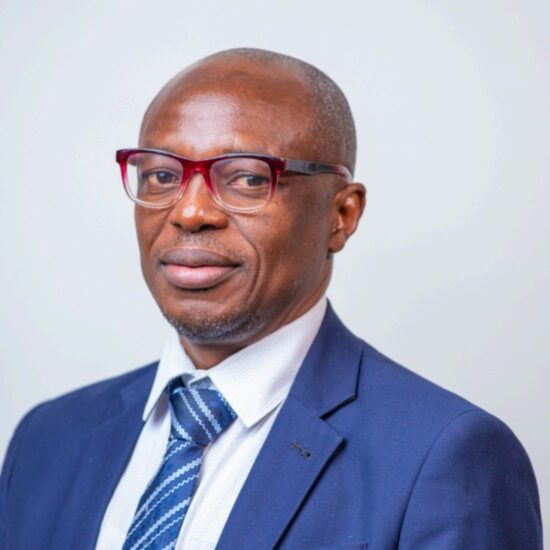
Earlier in his opening address, State Programme Officer (SPO), Mr. Peter Ezekiel disclosed that the project being implemented by the TB Network in Plateau State was strategically planned to mentor community members on issue-based advocacy and to also engage community stakeholders in deliberations on the state of government health facilities to mobilize resources towards addressing their peculiar challenges.
Mr Ezekiel added “The project is to also strengthen the health system and improve service uptake around HIV/AIDS, TB and Malaria. And at the community level, the project has a goal of addressing Gender Based Violence GBV/GHR issues to promote safe communities and ensure equity in health services, as well as, inspire communities to speak up when their rights are violated” for them to seek redress.
“The GFGC7 of the Covid-19 Response Mechanism Project which commenced in April 2024 in Plateau State is currently being implemented in 5 LGAs of Plateau State with 15 Community Based Organisations (CBOs). The LGAs include Barkin Ladi, Riyom, Pankshin, Mikang and Shendam. With support from the state government and community members/gatekeepers, the CBOs utilized the community-led Monitoring approach in recording numerous achievements within the short period”.
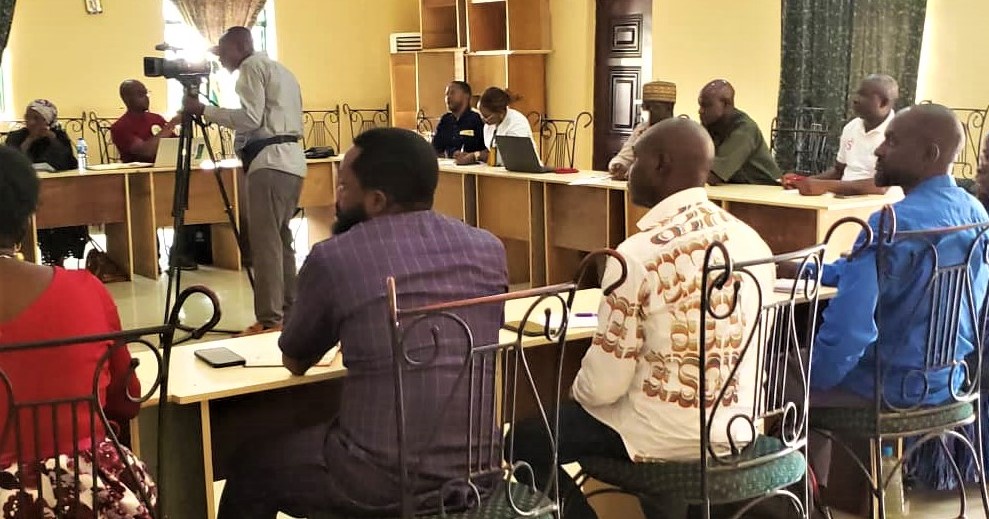
The State Programme Officer added that the targeted areas of coverage under the programme were places with prevalent diseases of HIV and AIDs, Tuberculosis and Malaria known as the “ATM disease areas.”
According to him, the project was being implemented by Civil Society in partnership with other arms of government with the National AIDs Control Agency (NACA) as the Principal Recipient (PR) from the Global Fund and subletting it to relevant CSOs as umbrella bodies.
In her goodwill message, the Executive Director, of Plateau AIDs Control Agency (PLACA), Mrs Esther Turaki represented by Joy Inuwa Jamaika, expressed satisfaction with the grant management based on the positive feedback from the project sites which according to her, was inspiring PLACA to do even more.
The one-day roundtable was organised by the Civil Society for Eradication of Tuberculosis in Nigeria.
He explained that the project is currently being implemented in 105 LGAs and 315 wards of the country stating that it was aimed at building resilient mechanisms on health issues in the communities of Nigeria arising from the experience of the Covid-19 pandemic which exposed the gaps and challenges in Public Health institutions ranging from insufficient drug circulation, poor staffing, dilapidated buildings, apathy and non-challant attitude of communities towards these institutions that resulted in “avoidable deaths and needless suffering experienced by the people”.
Checks have revealed that in less than two months of its commencement, the project has recorded remarkable achievements in enhancing effective record-keeping and management systems in some of the health facilities in the LGAs of operation, addressing stigma and discrimination among health care service providers, increased uptake of services at some of the facilities which have encouraged community ownership of government-owned community health facilities.
It has also bridged the communication gaps between facility managers and the community stakeholders thereby promoting accountability and efficient service delivery across the PHCs in the state through Focused Group Discussions, Clients Exit Interviews, Key Informant Interviews and Issue-based Advocacies, amongst others.

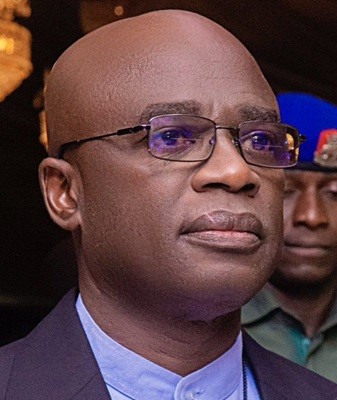

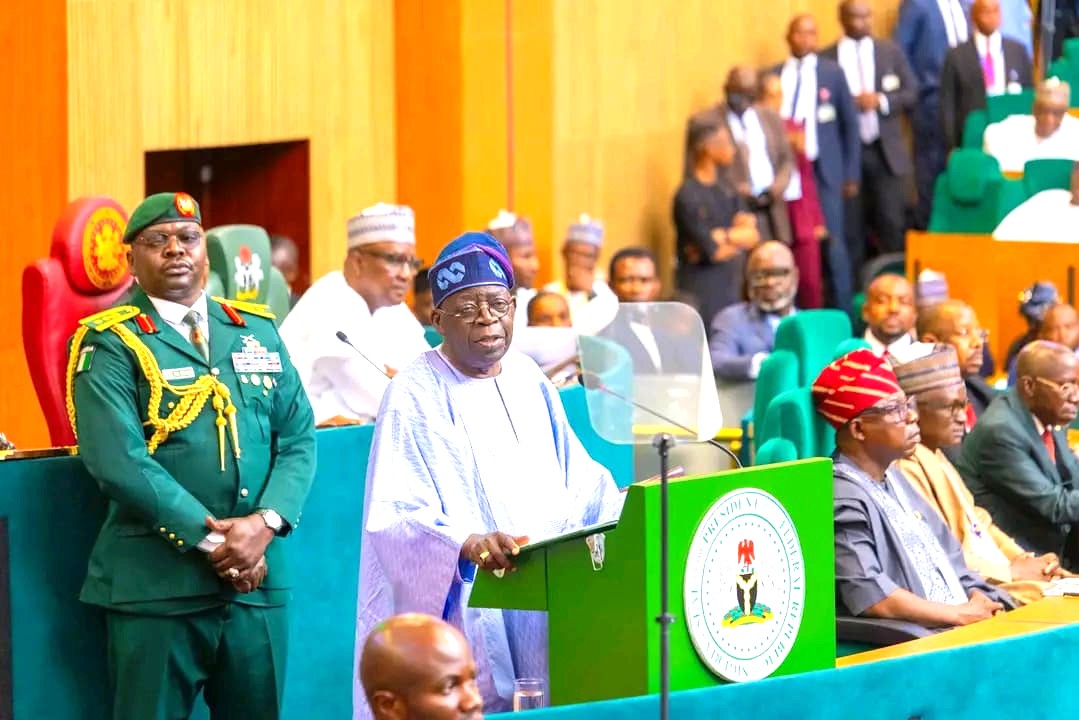
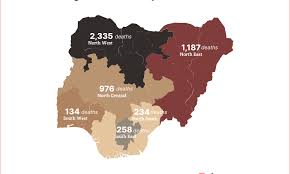

Post Comment